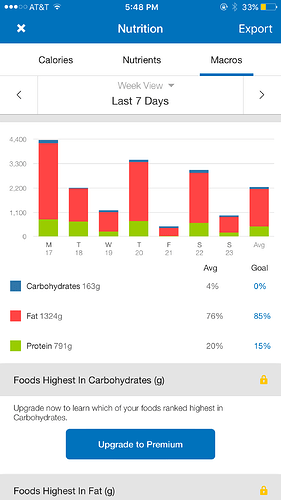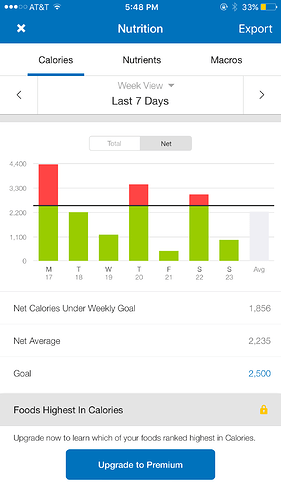Yeah, it’s a big puzzle for me to try and understand what the heck is happening. I’m fat adapted and in ketosis. But, I cannot eat sticks of butter on top of “normal” meals and expect my metabolism to increase relative to added fat consumed. And, I dont “excrete” the extra fat my body doesn’t need…i will add it to my ass. Luckily, there is a feeling of nausea that stops me from overeating fat.But, if I override that nausea and force sticks of butter down my throat, I will add mass to my ass. So, in my search trying to figure out where the bottleneck is in the metabolic rate issue, I came across interesting aspects of mitochondria and what they do under different situations. The fact that our bodies avoid the destruction of mitochondria but consume the rest of cellular mass during autophagy, which then results in an increased mitochondria proportion, explains why people feel energized during extended fasting. From an evolutionary perspective, it makes sense. You need energy to go hunt for food. I think this same phenomenon is leveraged to increase metabolic rate. And after the fast, you must feast. Turning on you digestion, and going in to repair and rebuild around the autophaged parts needs sufficient material and energy. If you don’t supply the feast for the digestion start up and rebuild, the body screws with your metabolism again and dials it back down.
I dunno. This is how I am reading the science and experiencing my body’s reaction to food and fasting. I’m still doing more reading and trying to understand better.






